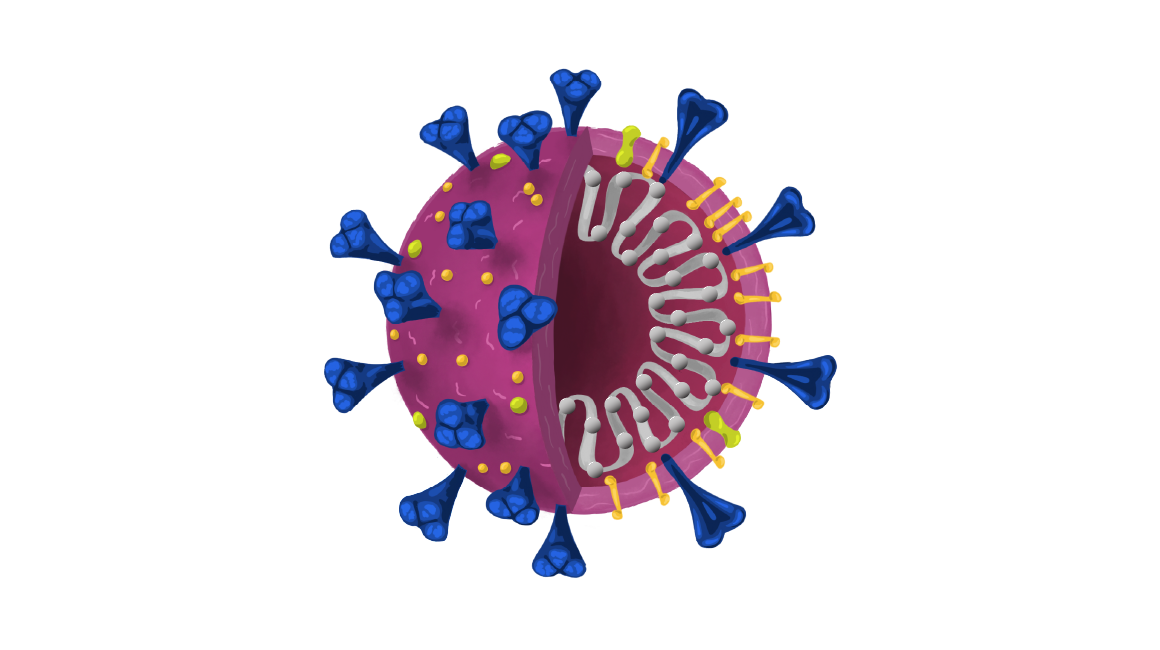
 Looking for education resources and information related to the Coronavirus/COVID-19 outbreak? Try the Coronavirus/COVID-19 guide.
Looking for education resources and information related to the Coronavirus/COVID-19 outbreak? Try the Coronavirus/COVID-19 guide.
 Our dedicated anaesthesia training resources guide provides resource support for all parts of the anaesthesia training program and curriculum, as well as an extensive list of assessment and exam resources.
Our dedicated anaesthesia training resources guide provides resource support for all parts of the anaesthesia training program and curriculum, as well as an extensive list of assessment and exam resources.
 Anaesthesia training & exams
Anaesthesia training & exams
Access information and resources related to the ANZCA anaesthesia training program, including a dedicated anaesthesia training resource guide, the primary exam reading list, exam preparation content and courses, self-assessment tools, the trainee toolkit and the training portfolio system (TPS).
Our anaesthesia training program is accredited by the Australian Medical Council (AMC) and the Medical Council of New Zealand (MCNZ).
A tailored resource guide is now available for Anaesthesia trainees:
Access the complete recommended reading list for the ANZCA Primary exam:
A large number of resources are available to assist with written exam and VIVA (oral and clinical) preparation for both primary and final exam trainees:
The library subscribes to numerous core resources which trainees will find useful:
Resources to support supervisors of training (SOTs):
ANZCA Training Portfolio System (TPS)
The online portfolio system designed to record training experiences by and for trainees.
 ANZCA Training Portfolio System (TPS)
ANZCA Training Portfolio System (TPS)
[college website]
 Rural Generalist Anaesthesia (RGA) training & exams
Rural Generalist Anaesthesia (RGA) training & exams
Access information and resources for the RGA Training Program, including the dedicated RGA resource guide, exam preparation content and courses, the trainee toolkit and Training ePortfolio.
The Rural Generalist Anaesthesia Training Program, is a 12 month course, leading to a diploma, and is available to rural generalist registrars and fellows seeking formal training and certification in anaesthesia.
A tailored resource guide is available for RGA trainees:
A guide focussing on rural anaesthesia is also available:
A large number of resources are available to assist with exam preparation for RGA trainees:
Previous exam reports (containing actual questions from previous exams):
Other resources which RGA trainees will find useful:
Resources to support supervisors of training (SOTs):
DipRGA Training ePortfolio
The online ePortfolio designed to record training experiences and requirements for trainees.
 DipRGA Training ePortfolio
DipRGA Training ePortfolio
[college website]
 Diving & hyperbaric medicine
Diving & hyperbaric medicine
Access information and resources for the ANZCA diploma of advanced diving and hyperbaric medicine (ANZCA Dip Adv DHM), including training information, library guide and Training ePortfolio.
Our diploma of advanced diving and hyperbaric medicine (ANZCA Dip Adv DHM) provides a unique opportunity for specialist doctors to "take the plunge" into an exciting, emerging area of medicine.
DHM ePortfolio
The online ePortfolio designed to record training experiences and requirements for DHM trainees.
 DHM ePortfolio
DHM ePortfolio
[college website]
 Pain medicine training & exams
Pain medicine training & exams
Access information and resources related to the FPM pain medicine training program, including the Essential Topic Areas (ETA) reference list, drug information, guides, trainee toolkit, exam preparation content and courses and ePortfolios.
The pain medicine training program comprises a minimum of two years' clinical experience directly related to pain medicine, which allows specialists and those completing a speciality training program to become a specialist pain medicine physician.
A large number of online resources are available to support pain medicine trainees:
A number of resources are available to assist with exam preparation for pain medicine trainees:
The library subscribes to numerous core resources which trainees will find useful:
Resources to support supervisors of training (SOTs):
FPM Training My ePortfolio
The My ePortfolio system allows users to access Workplace Based Assessments (WBAs), Annual Reviews, PDP and Multi Source Feedback.
 FPM Training My ePortfolio
FPM Training My ePortfolio
[college website]
FPM Procedures Endorsement Program (PEP) ePortfolio
The online portfolio system allows endorsees to access their logbook, online assessment forms and a number of data reports in the one system.
 Procedures Endorsement Program (PEP) ePortfolio
Procedures Endorsement Program (PEP) ePortfolio
[college website]
 Perioperative medicine (POM) training & exams
Perioperative medicine (POM) training & exams
Access information and resources for the POM Training Program, including the dedicated POM training resources guide, exam preparation content and courses, the trainee toolkit and Training ePortfolio.
The ANZCA Course in Perioperative Medicine, is a 12 month course leading to the qualification: Graduate of the Chapter of Perioperative Medicine (GChPOM).
A tailored resource guide is available for POM trainees:
A guide focussing on perioperative medicine is also available:
A large number of resources are available to assist with exam preparation for RGA trainees:
Other resources which POM trainees will find useful:
Resources to support supervisors of training (SOTs):
 Specialist international medical graduates (SIMGs)
Specialist international medical graduates (SIMGs)
Access information and resources related to the ANZCA's SIMG program, including a dedicated SIMG resources guide, exam preparation content and courses and self-assessment tools.
If you trained as a specialist anaesthetist or specialist pain medicine physician overseas, we offer a number of pathways for you to practice in Australia or New Zealand.
A tailored resource guide is now available for SIMGs:
A large number of resources are available to assist with exam preparation for SIMG/final exam and pain medicine trainees:
The library subscribes to numerous core resources which SIMGs will find useful:
Resources to support supervisors of training (SOTs):
 Supervisors of training (SOTs)
Supervisors of training (SOTs)
Access information and resources for our Supervisors of Training (SOTs) and the ANZCA Educators Program, including the SOT support hub, toolkits and resource guides.
There are a range of resources available to support our supervisors of training (SOTs):
Learn to teach with our practical teaching course:
A number of resources exist to support the ANZCA Educators program:
In addition, the library subscribes to many key medical education journals and e--books:
 Roles in practice
Roles in practice
Access resources to support the professional practice domains of collaborator, communicator, health advocate, leader and manager, professional, and scholar.
Learn more about the resources available to support the professional practice domains of communicator, collaborator, leader and manager, scholar, health advocate and professional in anaesthesia, perioperative and pain medicine.
The ANZCA Roles in Practice are taught throughout the ANZCA | FPM training programs, and describe the roles of a specialist anaesthetist and specialist pain medicine physician and how they apply to contemporary practice.
Safety, quality & wellbeing
There are a range of resources available for our fellows, trainees, specialist international medical graduates and immediate family members, including the CID toolkit, and the anaesthetic allergy, drug information, wellbeing and COVID guides.
Explore the various ways the college is working with government agencies, regulators, healthcare providers, and the media.
In addition, the college website has a section devoted to wellbeing:
A number of guides have been created to support these activities:
 COVID-19 information for trainees
COVID-19 information for trainees
COVID-19 information and clinical resources available for trainees.
Educational resources and information related to the COVID-19 outbreak, including latest articles:
Artificial intelligence in Health
A new library guide is available bringing together the latest evidence on AI use in health.
ANZCA trainee committees
Our trainee committees act as a voice for trainees on issues relating to education &training.
 ANZCA national and regional trainee committees [college website]
ANZCA national and regional trainee committees [college website]
Quick links
About ANZCA
Copyright © Australian and New Zealand College of Anaesthetists.